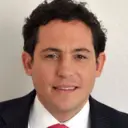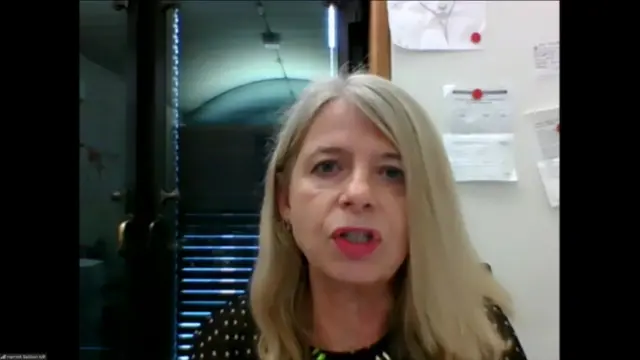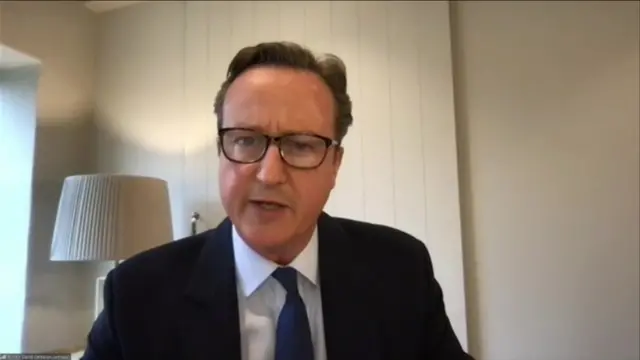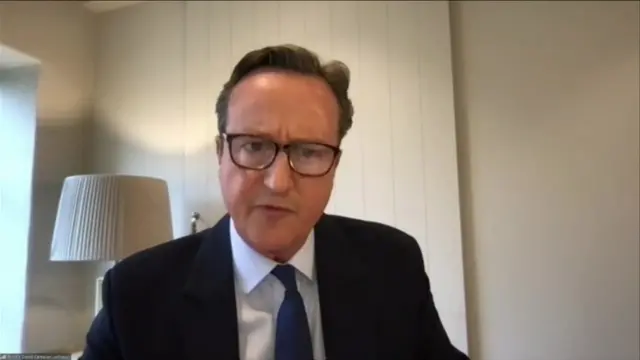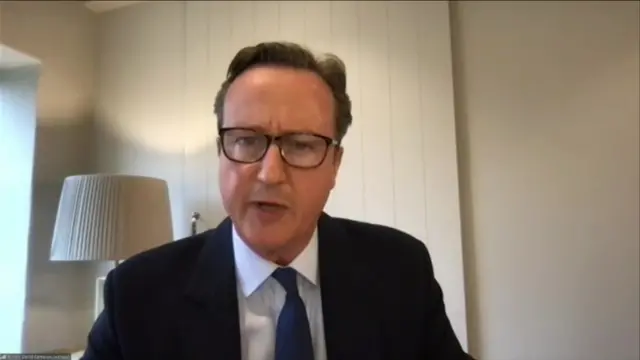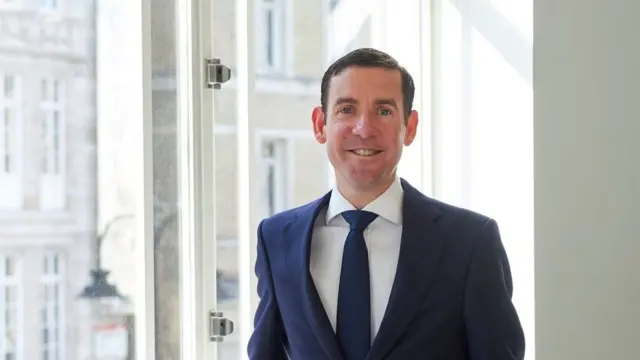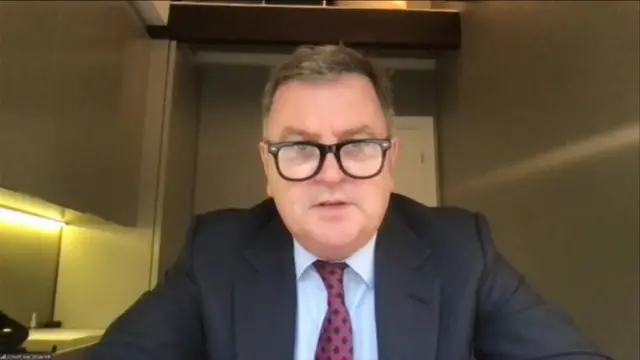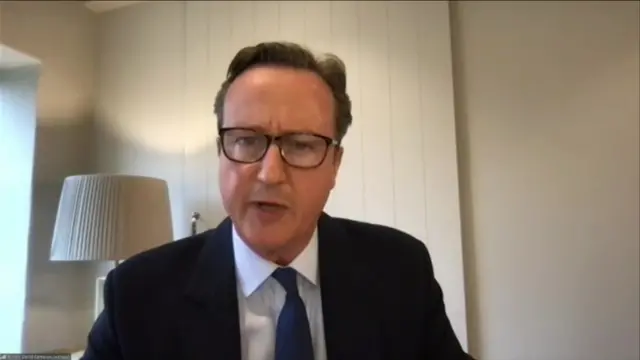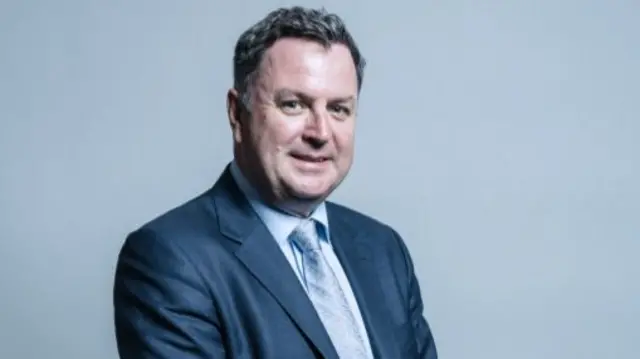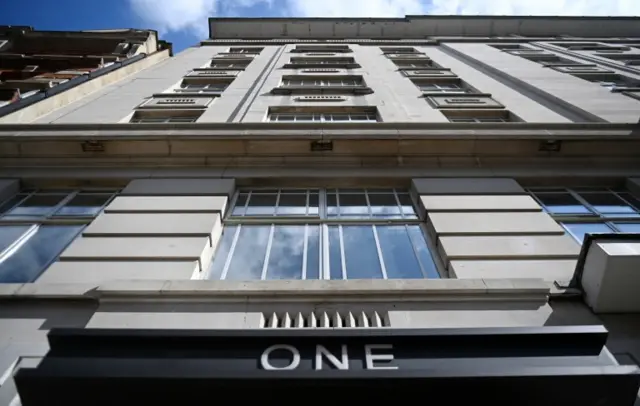Past remarks against lobbying highlightedpublished at 15:29 BST 13 May 2021
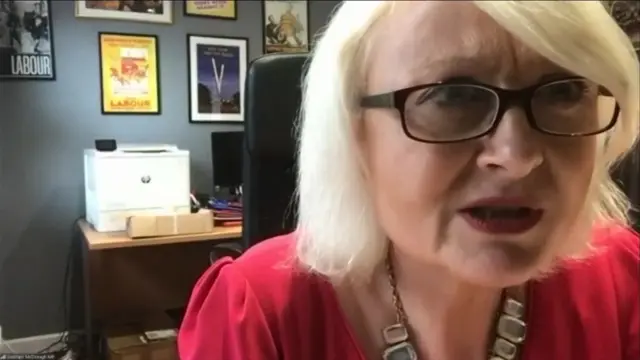 Image source, HoC
Image source, HoCLabour MP Siobhan McDonagh
Labour's Siobhan McDonagh questions Cameron about his past remarks on the dangers of lobbying by ex-ministers and the fact that he ended up "bothering" the government himself after he left office.
"Do you understand the irony of having used them?" she asks.
Cameron highlights changes his government made in the amending lobbying rules.
McDonagh then goes on to press Cameron on whether he thought he had "demeaned yourself and position" by aligning himself with a company with "fundamental financial problems".
Cameron says: "I made a choice to work for a business that I hoped to be a UK fintec success story... What I did at the time of an economic crisis was what I genuinely believed to be a good idea."
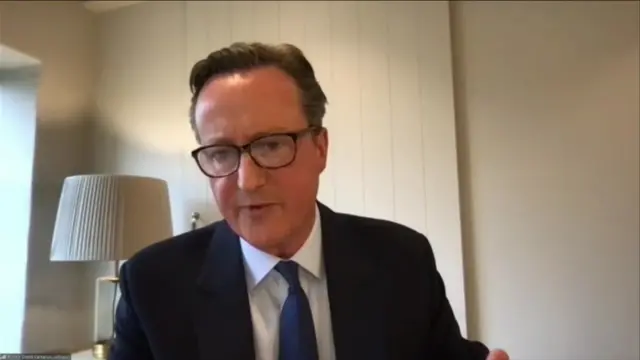 Image source, HoC
Image source, HoC
